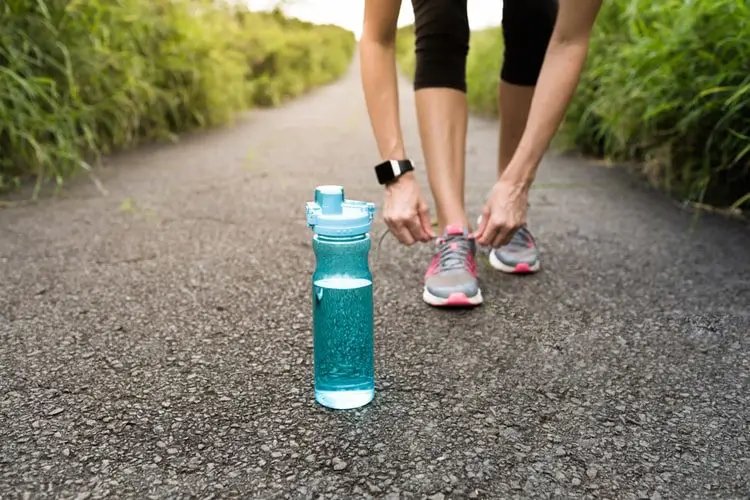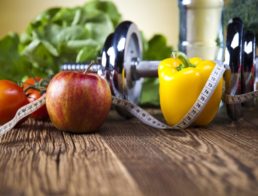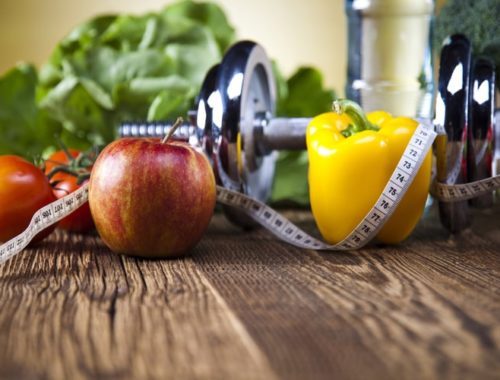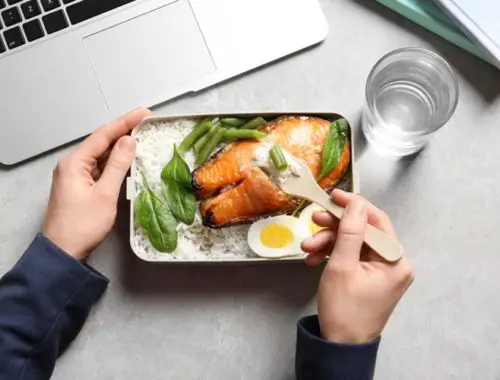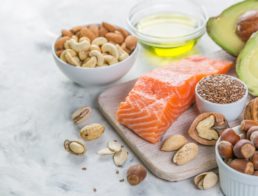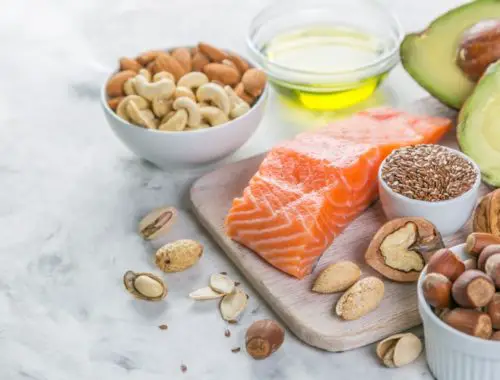Gatorade commercials, coconut water ads and even your own mother may have told you that you need to “replenish your electrolytes” when you are drained, sick or exhausted. While many people may have heard of electrolytes, what are they? And, perhaps more importantly, are you getting enough?
We’ll aim to answer your electrolyte questions so that you can better understand what they are, where we get them and when we need them. Keep reading to get expert tips on when you may need to be concerned with your electrolyte intake.
What are electrolytes?
In the most basic sense, electrolytes are minerals that carry an electric charge in your body. These electrolyte minerals include sodium, potassium, chloride, calcium, phosphate and magnesium. Your body uses electrolytes for a variety of functions (1):
- Body water balance
- Nutrient movement into the cells
- Flushing out waste
- Proper nerve, heart, brain and muscle functioning
- pH regulation
Electrolytes come from foods and drinks that we consume. Inside the body, they are found in blood, sweat and urine. The body works really hard to balance electrolytes, but imbalances can sometimes occur. Keep reading for a list of scenarios on when you may need to focus on electrolytes and how to get electrolytes quickly.
Do I get enough electrolytes?
We all need electrolytes for our bodies to engage in basic functions of life. However, most people do not need to put much focus on electrolytes if they have a well-rounded diet and stay hydrated. Diets that contain all food groups (fruits, vegetables, grains/starches, protein, healthy fat and dairy) typically contain enough electrolytes for the average person.
Even though most people will get sufficient electrolytes from their diet, there are certain situations in which someone may need to focus on their electrolyte intake. Keep reading to find out when and what foods and drinks can give you a boost of electrolytes when you need them.
How to Get More Electrolytes When You Need Them
Remember that most people can maintain their electrolyte balance without any additional effort outside of a well-rounded healthy diet. However, there are certain instances where electrolytes may need to be replenished.
In the most severe cases, electrolyte imbalances can be deadly. So, if you experience symptoms of severe electrolyte imbalance (confusion, headache, irregular heartbeat, seizures), seek medical attention immediately.
Scenario #1: When you’re sick, grab some soup.
Electrolytes are found in our bodily fluids like blood, sweat, urine, vomit and diarrhea. If you’re sick and are spewing out lots of liquid (from either end), you may also be spewing out large amounts of electrolytes that need to be replenished.
Vomiting and diarrhea make it hard to eat or drink, so try to find something that is easy to keep down like saltine crackers and warm broth.
Scenario #2: When you’ve been really active, grab a sports drink.
Gatorade and other sports drinks are often marketed to the general public, but you don’t need to replenish your electrolytes after a moderate workout. In fact, if you are working out for weight loss or weight maintenance, having a sports drink may give you calories that you just burned off in your workout.
However, if you are an endurance athlete, you may benefit from a sports drink. Sports drinks have carbohydrates and sodium to replenish what is lost during an intense multi-hour workout. Athletes should try this Gatorade powder.
Scenario #3: When you have trouble drinking enough, grab a salty snack.
Whether you’re sick or just too busy to remember to drink, you can use electrolytes to stimulate thirst. Add electrolytes to your water via fruit juice or citrus juice. You can also grab a salty snack like pretzels, crackers or my favorite salted nuts to make you thirsty. But make sure you have some water on hand!
Scenario #4: When you have trouble eating enough, grab a supplement shake.
While many people may have trouble eating when they have the common cold or the flu, other people can suffer from long-term loss of appetite when dealing with chronic illnesses like malnutrition, cancer treatment, severe burns and HIV/AIDS. Long-term poor food intake, coupled with having medical issues can put people at risk for electrolyte imbalance.
If you have major medical conditions and have trouble eating, be sure to see a registered dietitian. Ask your healthcare team if you should consume a supplement like this Ensure shake for added calories, sugar and electrolytes.
Scenario #5: When you’re in a hot climate, grab some produce.
You can lose electrolytes via sweat. While it is important to replace electrolytes when working out, people in hot climates or in a heat wave should also think about their electrolyte balance. Cool off with frozen grapes, chilled pickles, a cold veggie salad, juicy pineapple or watermelon. These options give you electrolytes and hydration.
